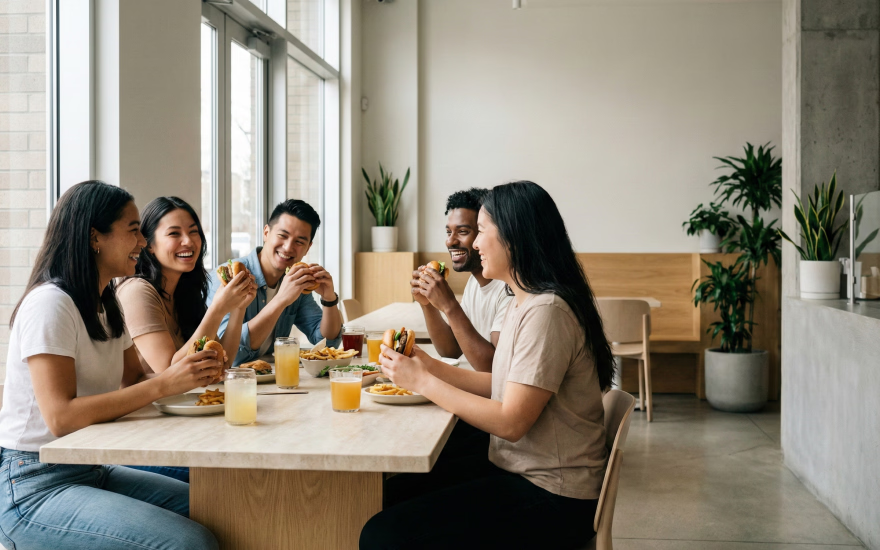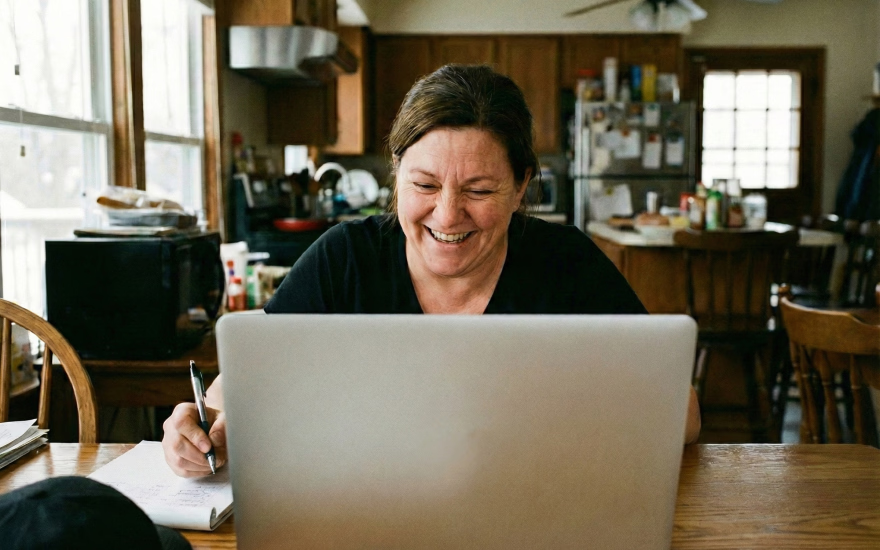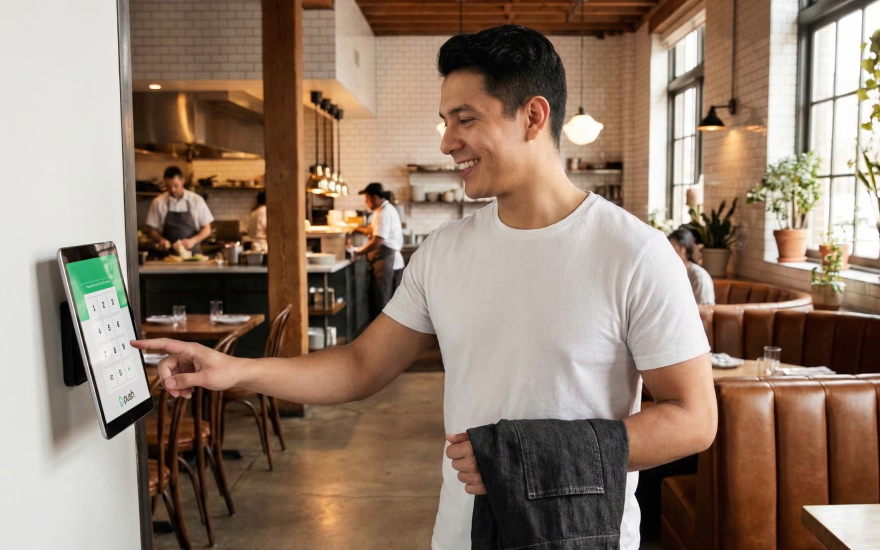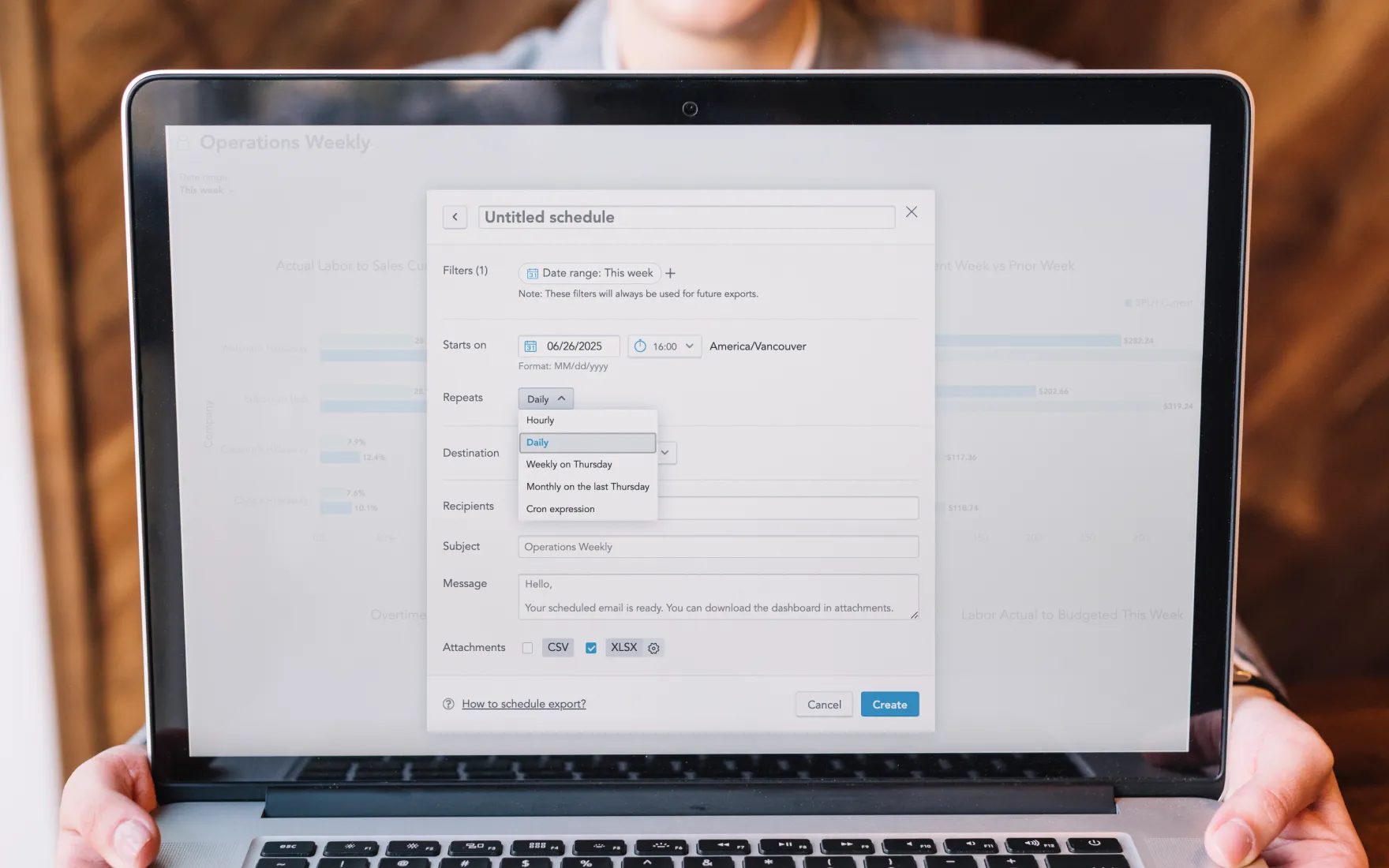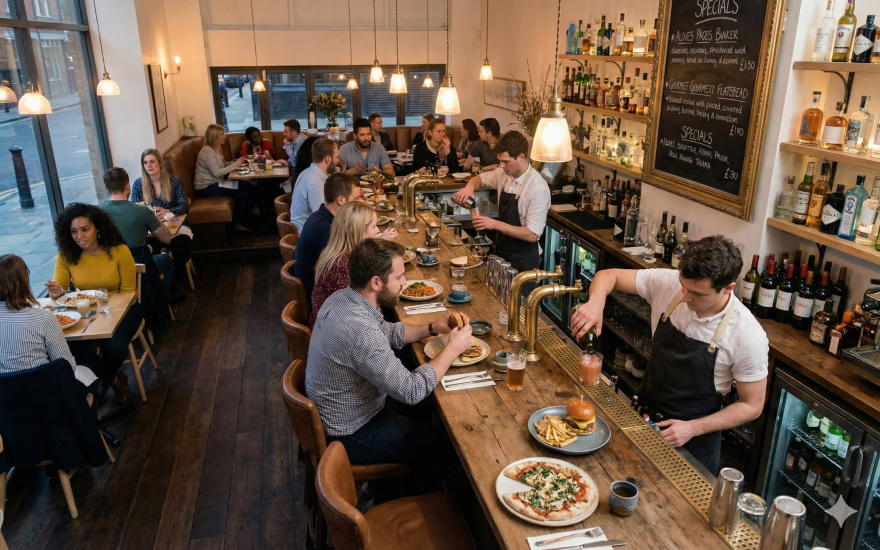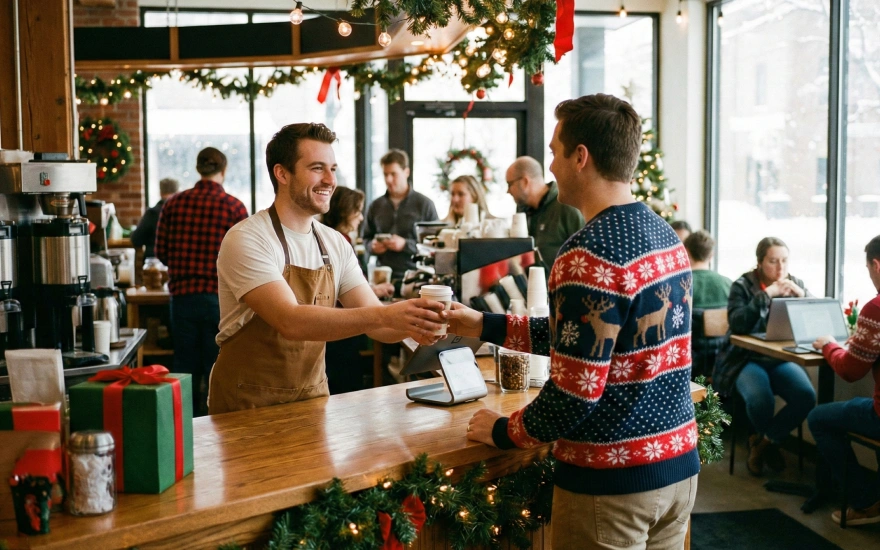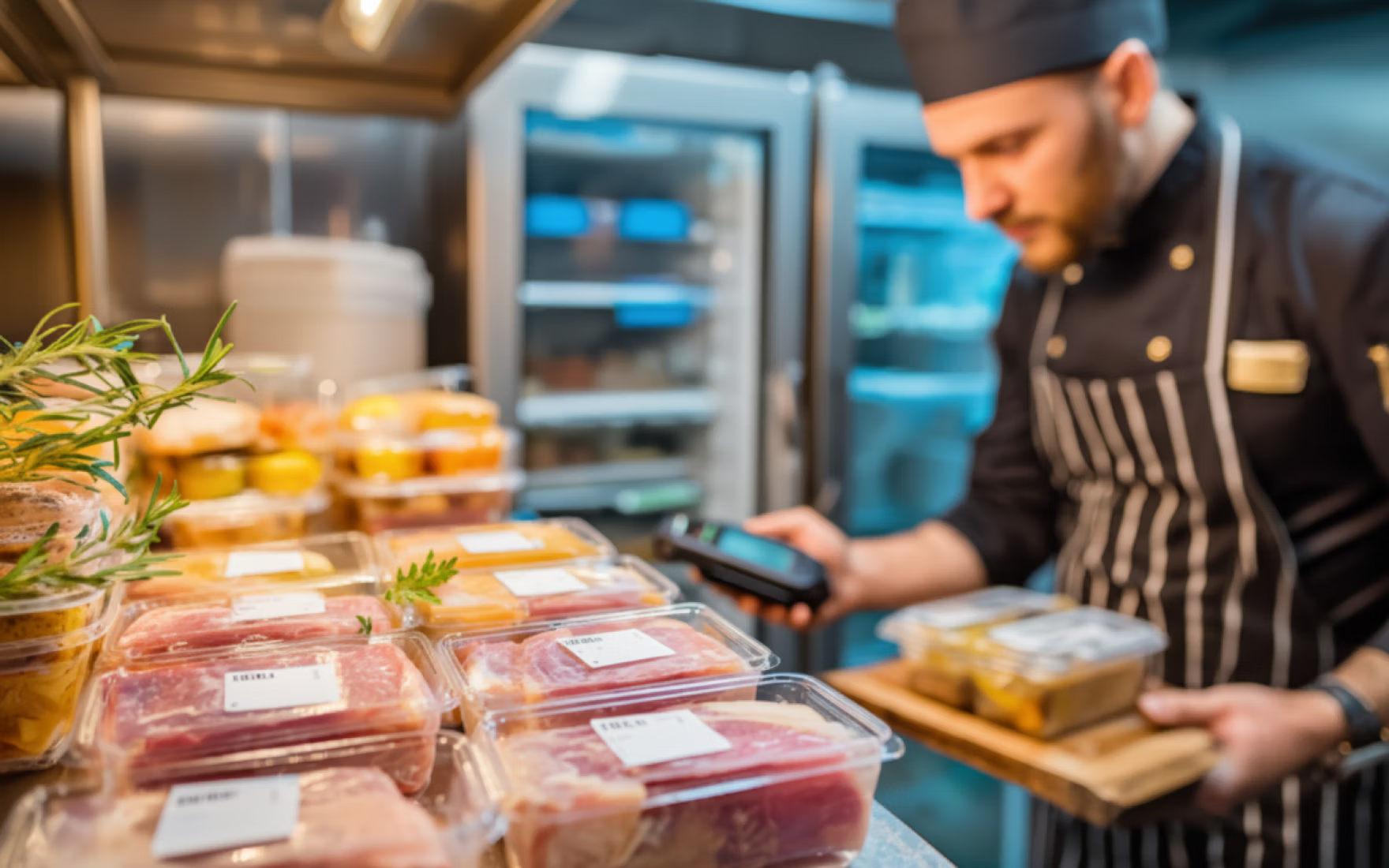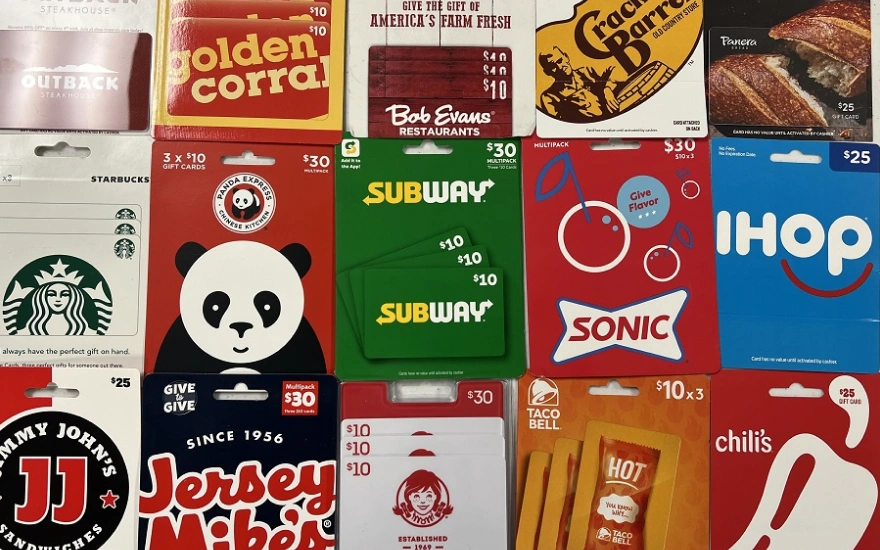Thank you! Your submission has been received!
Oops! Something went wrong while submitting the form.
No results found
Sorry, it looks like we don’t have content that fits your request. Please try using other keywords or the category dropdowns to widen your search.
Save Time and Money With Push
Value proposition

12 hrs+
Time savings per week
3%
Savings on labor costs
10 min
One-click payroll processing
Book a Free Consultation
Sharp tools make light work. Book a demo today to see how Push can be the secret ingredient to your business.
Awarded for What We Do Best
Awards
